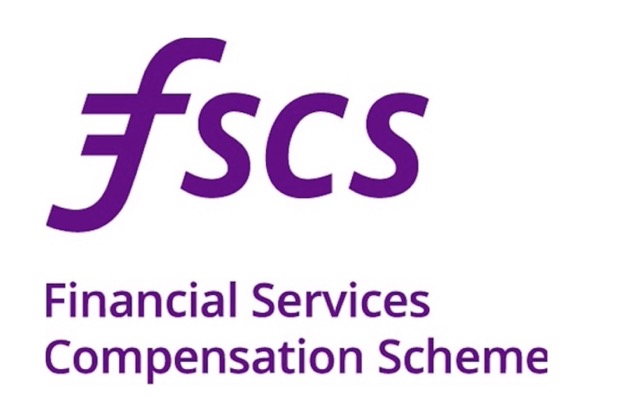
FSCS levy is set to fall modestly
FSCS chief executive Martyn Beauchamp has forecast that the Financial Services Compensation Scheme levy, paid by regulated firms, will fall in the FSCS 2026/27 funding year.
In the latest edition of the FSCS Outlook newsletter, Mr Beauchamp says an initial look at 2026/27 funding suggest a “small decrease” on 2025/26.
The FSCS provides an industry-funded compensation safety net for consumers when regulated firms fail.
Fewer SIPP and claims and lower investment claims, as well as a “changing claims environment”, mean compensation costs are set to fall, based on current predictions.
He said: “Our early forecast of the total levy in 2026/27 is £342m, which represents a small decrease on 2025/26. This is based on a forecast of £294m in compensation costs for 2026/27.
“These early expectations for 2026/27 reflect the changing claims environment. We currently forecast lower compensation costs in the Investment Provision class, mainly driven by fewer claims against SIPP operators. A higher opening balance in this class is also anticipated as we carry forward surpluses from 2025/26.
“Additionally, we expect some funding classes to begin the period with lower opening balances, as surpluses carried over from previous years have been effectively utilised. This brings the levy forecast for these classes in closer alignment with projected compensation costs.”
In early 2026 the FSCS will publish an update to its budget which will provide full details of management expenses for 2026/27.
Latest forecasts for the current 2025/26 year suggest the 2025/26 levy remains “as forecast” in May 2025 at £356m. Mr Beauchamp said the FSCS does not anticipate any additional levies for firms this year.
Overall, the FSCS expects this funding year to pay slightly less in compensation than anticipated in May, a decrease of 5% to £315m (from £332m). This is mainly due to a change in the types of claims the FSCS expects to pay out, with more lower value advice claims expected within the Life Distribution & Investment Intermediation (LDII) class and fewer higher value SIPP operator claims within the Investment Provision class.
The FSCS says it is having more impact in maximising recoveries from failed firms, with close to £40m anticipated to be recovered by the end of 2025/26.
The FSCS has also completed the transition of its claims service, bringing the majority of claims management and customer call-handling back in-house.
Mr Beauchamp said: “These changes are already delivering results. Notably, we’ve halved the time spent chasing third parties for critical data needed to calculate potential losses for customers.
He added: “2025/26 is a pivotal year for FSCS as we shape our next five-year strategy. Our priority remains staying future-fit, ready to deliver for customers and industry alike."
Simon Harrington, head of public affairs at wealth manager trade body PIMFA, said: "We are pleased to see that the overall levy is forecast to fall in 2026/27. The FSCS continues to play a significant role in increasing confidence in financial services. Whilst it would be preferable to exist in a no failure environment, we continue to be optimistic about the stability of claims relative to even 5 years ago.
"While small increases in the Life Distribution & Investment Intermediation (LDII) class are regrettable, they should be balanced out by a significant decrease in the investment provision class."